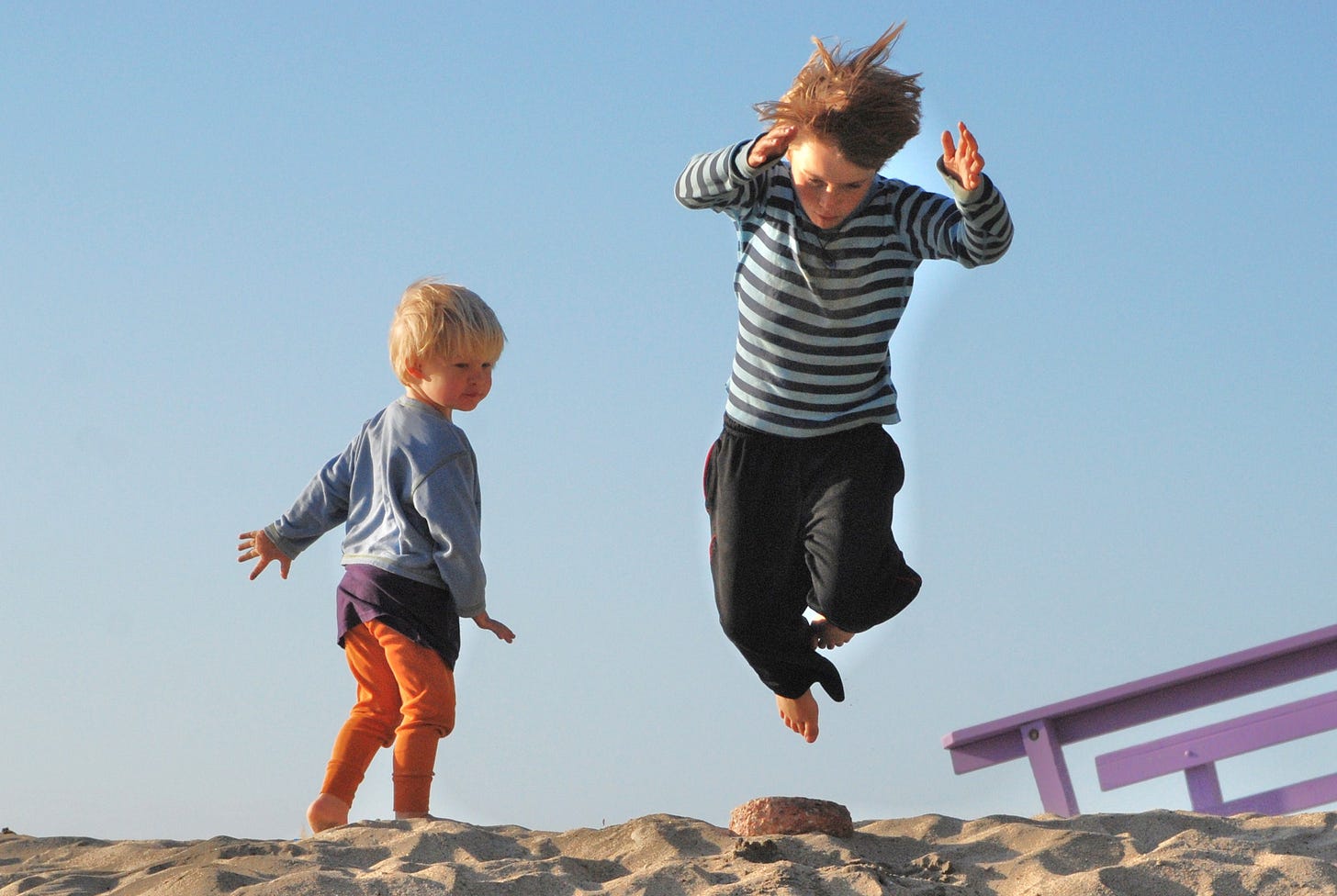When did DEI become a political dirty word? Why is it the kind of topic, like politics and religion, that must be avoided in polite company if you want to stay friends? What does diversity, equity, and inclusion have to do with parenting?
The answer to that last question is “a lot.”
Contrary to popular usage, diversity does not mean Black, brown, gay, trans, disabled, or any other distinction that sets people apart. Diversity actually means variety – a range of different things. One doesn’t say “they are diverse” when speaking about a person. Diversity is the range – the spectrum, if you will – of people, things, variations, etc.
Diversity, therefore, is inherent in humanity. Our children are not clones of us. Their genes are a random blend of a sampling of their parents that form someone wholly unique. Diversity within a family is the first experience of being different, apart, and separate that a child will navigate. The ways they are different from their siblings will be loudly proclaimed. The ways they are similar to their parents might be quietly sought. Ideally, a family is a safe space within which to first explore diversity, where the recognition and celebration of our differences is taught.
When children meet other children from different families, their experience of diversity broadens dramatically. Human beings come in an infinite variety of shapes, sizes, and colors – and those are just the external features we can see. Hair color is not an expression of a sense of adventure, no matter how many feisty red-headed heroines our novels have. Skin color has nothing to do with a playmate’s imagination, and body shape is not an indicator of a sense of humor. Young children know this instinctively and behave accordingly.
Ask any sibling about equity and they will tell you, in exhaustive detail, exactly how fair something might be. We had a rule in our house that if there was a dessert to share, one child cut the cake/pie/cookie in half and the other child chose first. You’ve never seen a more down-to-the-millimeter measurement than the one made by the child who didn’t get first choice. There’s a four year age difference between our kids, so the older one would always try to get the younger one to do the cutting. He knew his brother didn’t have quite as much control over where that knife cut, and inevitably, one piece would be visibly larger than the other. Equity recognizes that each person has different circumstances – one child has more developed small motor skills than the other. Equality only cares that the pieces are exactly the same. Equity required that the exact resources and opportunities were allocated that were needed to reach an equal outcome, ergo, the oldest did the cutting, and the youngest got first choice until the youngest’s physical ability and spatial awareness caught up with his sibling’s.
And then there are playground rules, where inclusion is the desired outcome for all. Parents, how many times have you gone over to a group of small children to introduce your little introvert? How many of you bring ALL the sand toys to the beach so other kids will come to play? You know how happy it makes you when other kids invite yours into their soccer game, or to look at that cool bug, or to play hide and seek. Toddlers are the best at automatic inclusion. You want in? Great, let’s play! They don’t care who you are, what you look like, where you came from, who your family is, what language you speak, and they probably won’t even remember your name – they just care that you join into whatever game they’re playing.
When does that change? When does diversity, equity, and inclusion become “woke” or anything undesirable at all? I’m already bracing myself for the pushback I’ll likely get from a school board member about a DEI initiative I’m proposing to increase student connectedness at my son’s high school, and I’ve been interviewing some friends recently about a negative reaction they experienced to a social media post they made in support of a marginalized group. How is any of the DEI work we do as adults different than what we attempt to teach our small children?
Of course there are as many reasons for that as there are points on the spectrum of diversity, but it’s something to consider the next time someone rolls their eyes at the mention of DEI. Picture all the people involved as little children, and imagine how things would look without diversity, equity, and inclusion.
As any sibling can tell you, “not fair” is real, its hurtful, and its unnecessary, and playground rules say we can do better.




